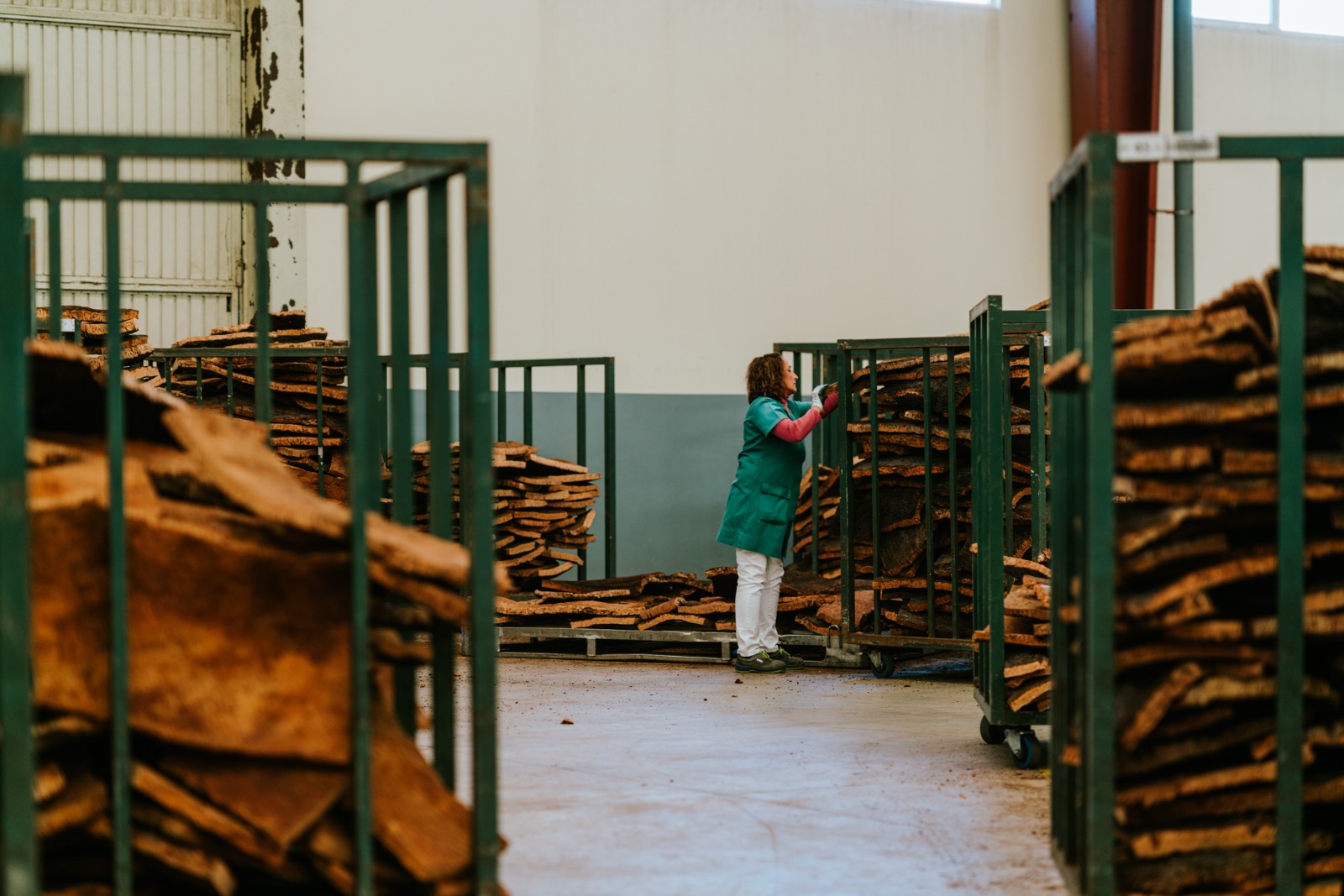Cork and Greater Lisbon
City Cortex works with a sustainable material, cork, encouraging its use in the context of contemporary cities. If Portugal is recognised as the world’s largest producer of cork, less well known is the relationship that the Greater Lisbon area and the Tagus river also have with this raw material.
The projects developed by designers and architects for City Cortex will be presented in the riverside areas of the northern and southern banks of the Tagus, namely in Belém and Trafaria. By interacting with the urban landscapes of these two regions in the metropolitan area of Lisbon, City Cortex seeks to materialise not only the historical legacy of this region in the production and proliferation of cork in Portugal and around the world, but also the relational dynamic of these two regions united by the river.
Up until the middle of the last century, before the widespread use of cars, the Tagus represented a crucial route for the transportation of large-scale materials, including cork, to more distant ports by sea, or to railway terminals, where distribution was then made to other parts of the country.
Large warehouses on the Tagus banks – on the northern side in eastern Lisbon and on the southern side in Almada – received this extracted material, which was then transported to other places, where it would be transformed into cork stoppers and other products for common use.

The Sobreda area, located in a valley to the south of the city of Almada, already reveals in its name the abundance of cork oak forests. In the 14th century, the Portuguese chronicler Fernão Lopes refers to the place with the name Suvereda, which means exactly “place of cork oaks”. As rural production is at the root of this municipality, the area was also important for the cultivation of cork oaks before its more extensive urbanisation in the second half of the 20th century.
City Cortex invokes these memories by installing the innovative projects it is developing in public and semi-public spaces located in Lisbon and Trafaria.